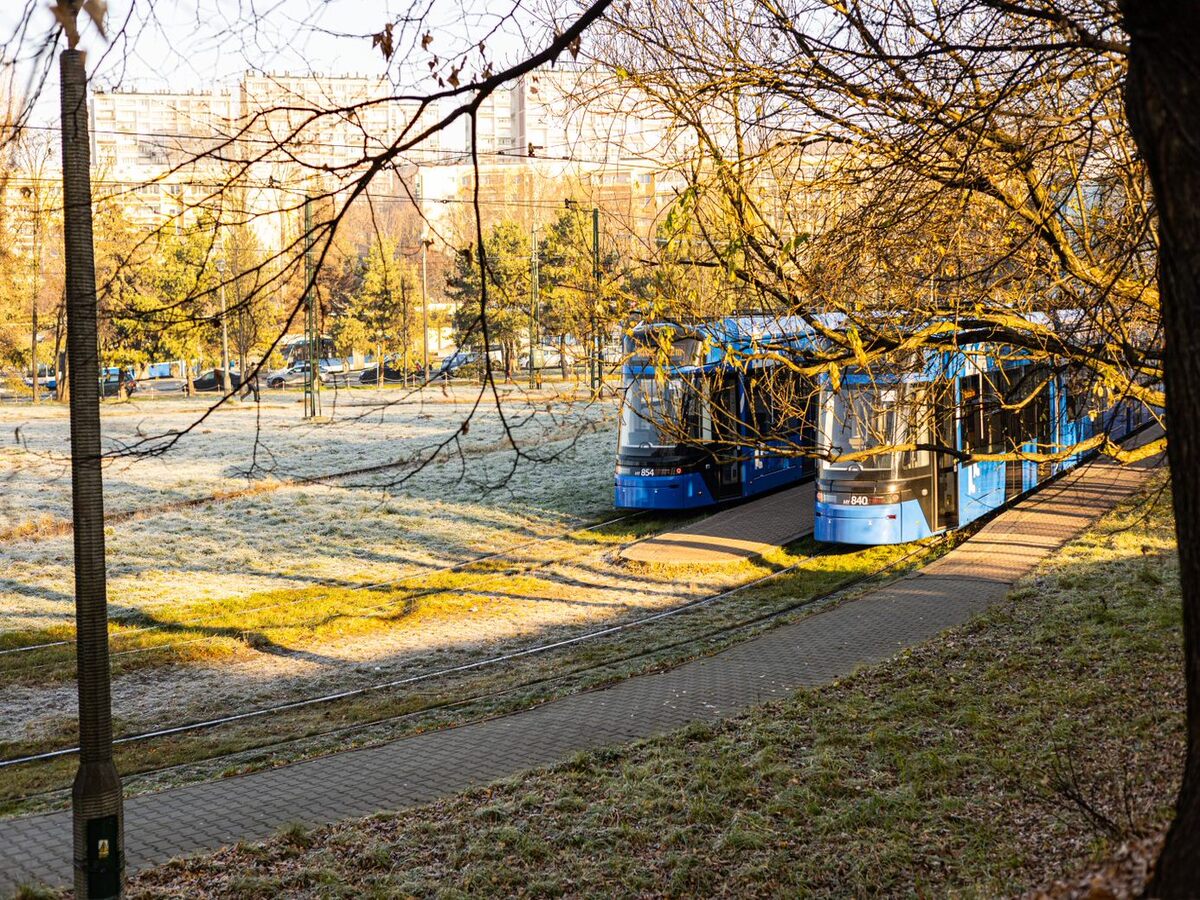Construction of Kraków’s new tram infrastructure is about to begin and will last 31 months. According to the signed agreement, the private partner is responsible not only for the design, raising funds from financial institutions and construction, but also for maintaining, upgrading and repairing the new infrastructure for the next 20 years.
The implementation of urban investments under public-private partnerships (PPPs) is an extremely advantageous solution. In addition to the construction of infrastructure, the private partner also has the responsibility to take care of its maintenance and modernization over the years, thus ensuring the continuity and high quality of public services. In addition, thanks to external financing, a greater number of projects can be implemented than if only public funds were used, which contributes to improving the quality of life of residents, stimulating economic development and increasing the attractiveness of cities.
What does this mean in practice?
In the case of the “Tram to Mistrzejowice” investment, the agreement obliges the private partner to ensure that the infrastructure it has built, including the tram track and the tunnel, is fully operational. As part of this task, it is also responsible for fixing any track malfunctions, such as damage or dirt on the tracks. Its tasks also include caring for the green surface of the streetcar track and the entire green belt in which it is located, such as the vegetation on the green tracks. It takes care of the city’s aesthetics by removing unauthorized posters, notices and inscriptions from network infrastructure equipment and from full track fences. Meanwhile, within the tunnel, the private partner must also ensure that the fire protection system, monitoring, lighting, escalators and elevators are in working order, as well as keeping an eye on cleanliness and clearing snow from the tunnel accesses during the winter season.
The public entity is responsible for water supply, sewage disposal, traffic management, maintenance of vertical and horizontal signage, and the efficiency of KKM machines.
The agreement also provides for an availability fee, which means that payments to the private partner during the maintenance period will depend on the functionality of the line being maintained and the speed at which defects are corrected.
What will happen after 20 years?
At the end of the contract, the private partner is obliged to ensure that the technical infrastructure meets certain requirements, e.g. no breakdowns, meets technical parameters in accordance with the law and standards.


